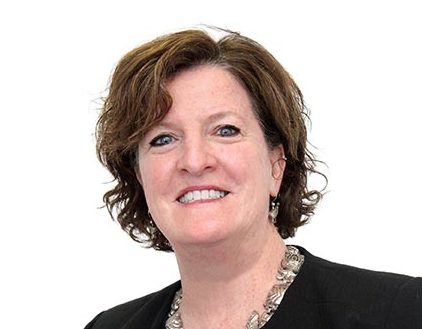I’m thrilled that the ground has been broken for medical marijuana in Carroll County, not just for the economic promise, but also for the people who need the relief that only pot can bring.
As reporter Jim Rada’s article reveals, Westminster has a doctor who specializes in examining patients who are seeking to use medical marijuana. A medical marijuana dispensary has been approved in Westminster, and a state-approved grower in Taneytown sent out its first shipment of medical marijuana in February.
Bravo to city and county leaders, and the individuals and businesses that helped break ground for the medical marijuana market here.
When it comes to change, it’s really easy for things to get muddled. Politics, religion, economics and emotions stir things up, and it’s hard for people to remember the primary goal; in turn, they lose commitment to reach that goal collaboratively.
With this decision — not here. Sure, there was some debate, and there remains concern from neighbors who live close to some of the businesses linked to the market. But diverse voices were heard and tough decisions were made.
Even within the medical community — physicians and psychiatrists — the pros and cons of medical marijuana remain a topic of debate. For every well-credentialed doctor who argues about the efficacy of medicinal cannabis for chronic pain, there is another who contends that research does not confirm that marijuana diminishes pain via “any specifically identified analgesic effect,” according to ProCon.org.
Pot as a gateway drug to alcohol and other drugs, the addictiveness of pot, and pot’s health risks — all of these issues have physicians, government officials and medical organizations weighing in on the pro and the con side.
The pros and cons will exist for years to come, and it is important to be aware of them.
But ultimately, I believe that medical marijuana, with tight regulation of its growth, distribution and use, is a much-needed alternative to some of the pills currently prescribed. In turn, use of medical marijuana is a private and personal decision that should be discussed with a physician, a trusted friend or a family member.
When my father struggled with the final stages of cancer (among other illnesses), I asked him to consider trying pot (legally). His pain, anxiety and lack of connection because of the cocktail of painkillers and other prescribed pills saddened him. He cherished being sharp, funny and in tune with everyone around him.
He was also 84 years old, conservative, and logical. His logic, and a lack of understanding about pot, led him to conclude that it was like LSD, and that his brain would drift into a technicolor dream that made no sense and that he could not control.
Dad’s answer to the pot question was a big fat no, which I completely respected.
But about 85 percent of Americans offer a resounding yes to legalizing medical marijuana, and it is estimated that several million Americans currently use it, according to a recent article by Dr. Peter Grinspoon in Harvard Health Publishing. The most common use of medical marijuana in the United States is for pain control.
Thanks to the grower, the doctor and soon the dispensary, those who need to say yes to medical marijuana won’t have to leave the county for their much-needed relief.
Amazing Peace,
Lisa Moody Breslin

